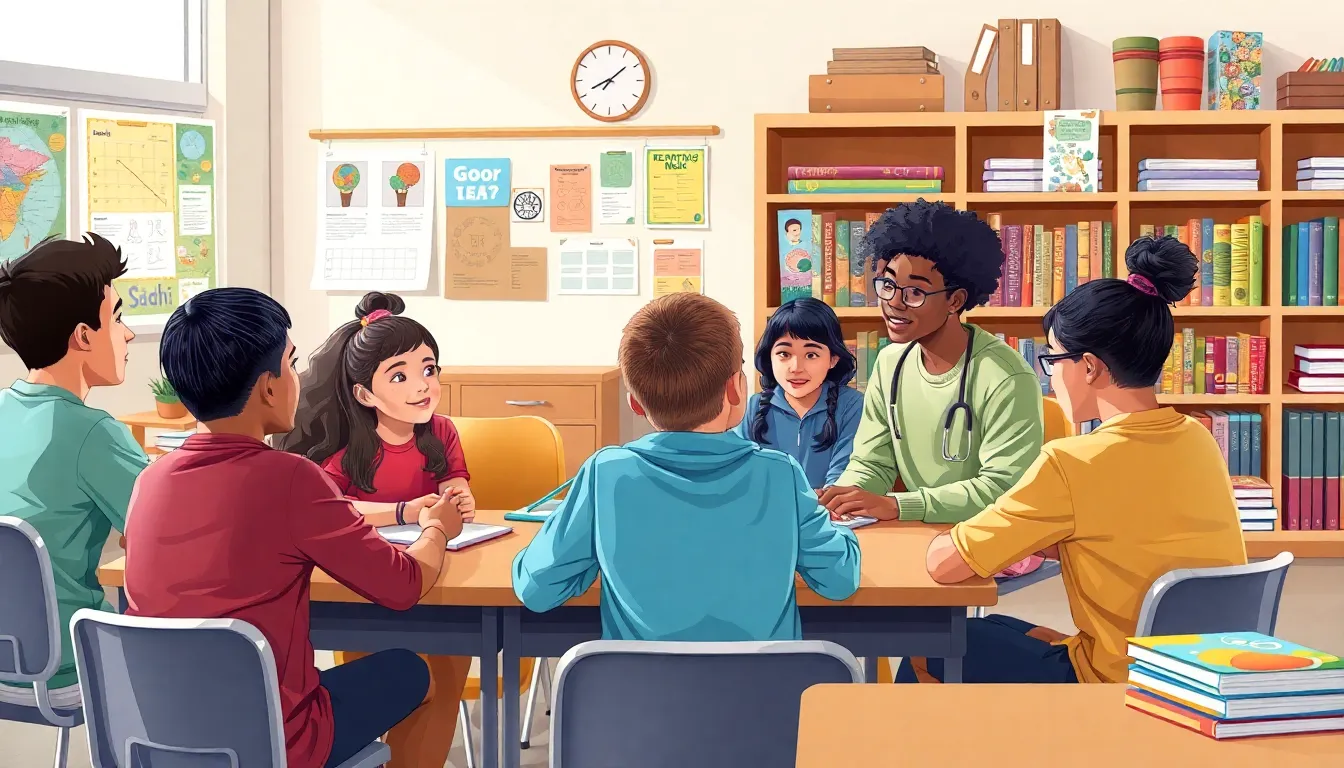In a world where emojis often replace words and TikTok trends dominate communication, mastering the art of reading and literacy has never been more crucial. Imagine wielding the power to unlock the minds of future generations, guiding them through the labyrinth of literature and language. A master’s degree in reading and literacy isn’t just a credential; it’s a superhero cape that transforms passionate educators into literacy champions.
With this degree, he or she won’t just teach kids to read—they’ll inspire them to fall in love with stories, turning reluctant readers into bookworms. Whether it’s deciphering the latest bestseller or unraveling the mysteries of classic literature, this advanced education opens doors to a fulfilling career. So why not take the plunge? Embrace the challenge and become a beacon of knowledge in an age that could use a little more reading and a lot less scrolling.
Table of Contents
ToggleOverview of Masters Degree in Reading and Literacy
A master’s degree in reading and literacy focuses on developing professional competencies for educators interested in enhancing literacy skills. Coursework covers various aspects, including reading development, literature instruction, and assessment strategies. Graduates possess essential knowledge to support learners at diversified reading levels, fostering improved comprehension and engagement.
Programs usually emphasize evidence-based practices and innovative instructional methods. A thorough understanding of literacy theories allows educators to create engaging and inclusive learning environments. Many universities collaborate with local schools, offering hands-on experiences that strengthen theoretical learning.
Career prospects for graduates remain promising. Numerous roles exist within schools, libraries, and educational organizations. The demand for certified reading specialists continues to rise, reflecting society’s growing recognition of literacy’s significance. With this degree, educators become advocates for literacy, helping students develop critical thinking skills.
In addition to traditional teaching roles, graduates can pursue positions as literacy coaches or curriculum developers. Such roles allow them to influence educational policy and implementation, impacting broader literacy initiatives. Many graduates also engage in research, contributing to ongoing discussions about best practices in literacy instruction.
Thus, a master’s degree in reading and literacy serves as a vital step for educators eager to empower students. Engaging with literature and promoting reading engagement remains at the core of this advanced education.
Importance of Reading and Literacy

Reading and literacy play essential roles in shaping educational experiences and personal development in today’s world. An advanced understanding of these concepts empowers educators and enhances student engagement.
Impact on Education
Reading ability influences educational outcomes significantly. Strong literacy skills lead to improved academic performance across subjects. Exposure to diverse texts fosters critical thinking and creativity. Educators trained in reading and literacy can implement effective strategies that cater to a variety of learning styles. Research shows that students exposed to skilled literacy instruction demonstrate greater motivation and enthusiasm for learning. As programs for reading specialists expand, schools see increased support for struggling readers, creating a more inclusive classroom environment.
Benefits for Individuals
Literacy impacts individuals’ lives beyond the classroom. Proficient readers experience better job opportunities, as employers often prioritize strong communication skills. Higher literacy levels correlate with increased confidence and self-esteem, leading to more active participation in community activities. Access to information empowers individuals to make informed decisions that affect their daily lives. Those who engage with literature develop empathy and cultural awareness, creating a more connected society. Ultimately, investing in literacy shapes not just personal trajectories, but the well-being of entire communities.
Program Curriculum and Structure
The master’s degree in reading and literacy features a well-defined curriculum designed to empower educators. Coursework includes a blend of core and elective classes that address vital competencies for teaching literacy.
Core Courses
Core courses provide foundational knowledge essential for effective literacy instruction. Classes cover topics such as reading development, literature instruction, and assessment strategies. Students learn to utilize evidence-based practices, creating engaging classrooms for diverse learners. These courses ensure graduates can support students at all reading levels, fostering a love for literature and enhancing lifelong reading habits.
Elective Courses
Elective courses allow for specialization based on individual interests and career goals. Options might include advanced techniques in literacy coaching or integrating technology in literacy practices. Students often choose electives that align with future aspirations, such as curriculum development or educational leadership. This flexibility equips graduates with the unique skills needed to address contemporary literacy challenges, enhancing their adaptability in various educational environments.
Career Opportunities
Graduates with a master’s degree in reading and literacy encounter numerous career opportunities that allow them to impact education positively. Their advanced training equips them to occupy vital roles within educational settings.
Teaching Positions
Teaching positions present rewarding pathways for graduates. Many choose to work as classroom teachers, where they guide students through reading instruction. In addition, educators may find roles as literacy specialists in schools, focusing on enhancing reading skills among struggling learners. Positions like reading interventionists enable them to provide targeted support tailored to individual student needs. Furthermore, they might become reading coaches, collaborating with other staff to improve overall literacy programs within schools.
Specialized Roles
Specialized roles expand career options for those with a master’s degree in reading and literacy. Graduates often explore positions as curriculum developers, creating innovative literacy programs that align with current educational standards. Assessing literacy programs also presents opportunities; many become evaluators, ensuring effectiveness and implementation fidelity. Some graduates pursue roles in educational advocacy, promoting policies that enhance literacy instruction in schools. Moreover, positions in educational research allow them to contribute to studies that shape best practices in literacy education.
Admission Requirements
Admission to a master’s degree in reading and literacy involves specific criteria that candidates must meet. Universities typically require both academic qualifications and a streamlined application process.
Academic Qualifications
A bachelor’s degree from an accredited institution stands as a primary requirement. Candidates usually possess a degree in education, literacy, or a related field. Many programs prefer applicants who have prior teaching experience or credentials, showcasing their commitment to the field. Strong academic performance, often reflected by a minimum GPA of 3.0, demonstrates preparedness for graduate studies. Some institutions may also request standardized test scores, such as the GRE, depending on their specific policies.
Application Process
The application process consists of several key components. Candidates start by submitting an online application along with their official transcripts. A personal statement often articulates their motivation for pursuing this degree, detailing relevant experiences and career goals. Letters of recommendation from former professors or employers reinforce the applicant’s qualifications and dedication. Some programs may require a portfolio showcasing previous work related to literacy, further supporting the application. Timelines for applications vary among institutions, so candidates should verify deadlines to ensure timely submission.
Pursuing a master’s degree in reading and literacy is a powerful way to make a difference in education. This degree not only equips educators with essential skills but also ignites a passion for reading among students. As literacy specialists, graduates can profoundly influence their classrooms and communities by fostering a love for literature and critical thinking.
The demand for skilled literacy professionals continues to grow, reflecting the increasing recognition of reading’s importance in today’s society. By embracing this educational journey, individuals can open doors to diverse career opportunities while championing literacy and empowering the next generation of readers. Investing in a master’s degree in reading and literacy is a commitment to shaping a brighter future for all learners.



